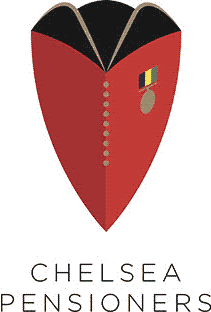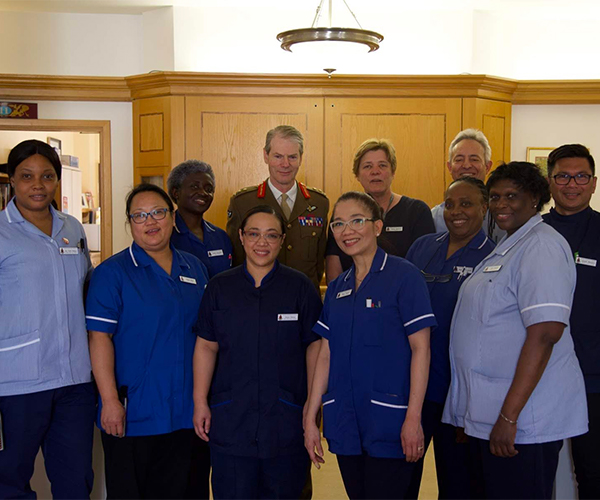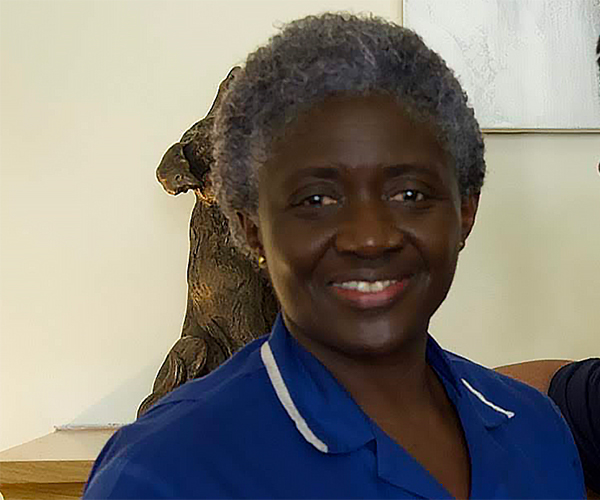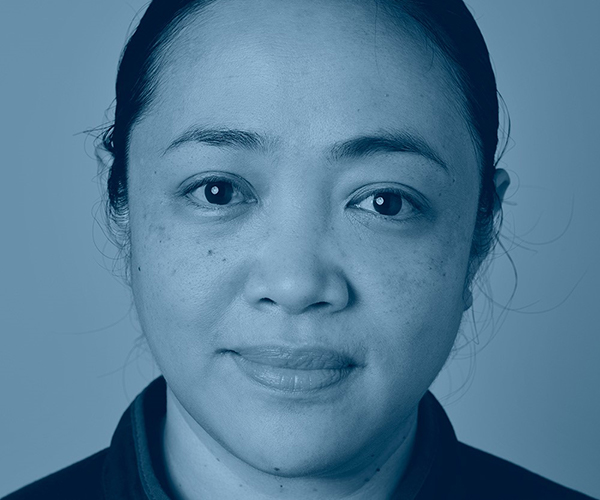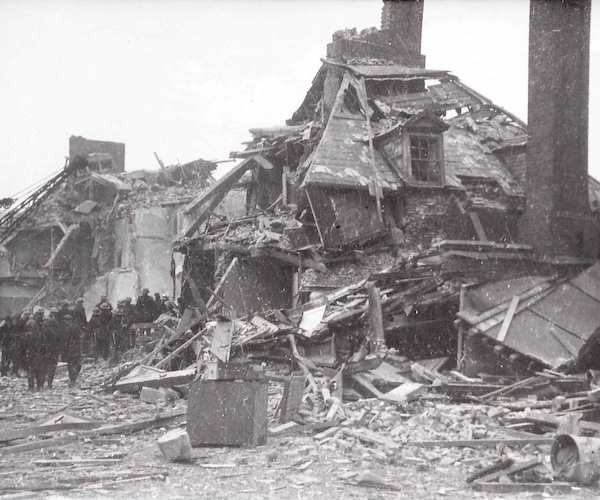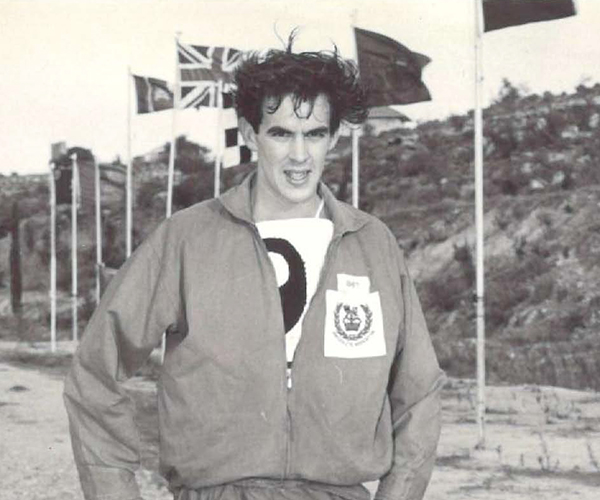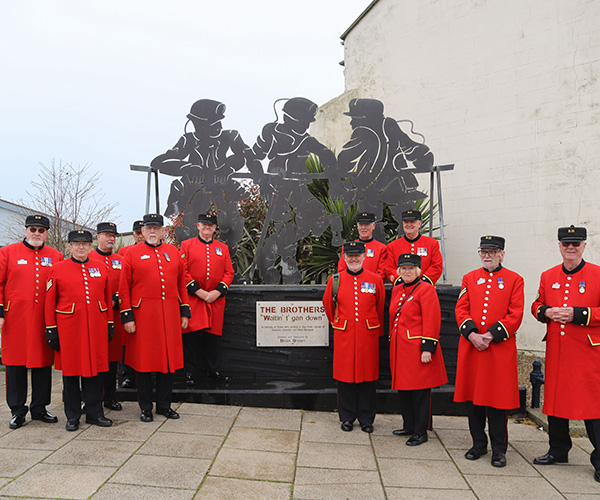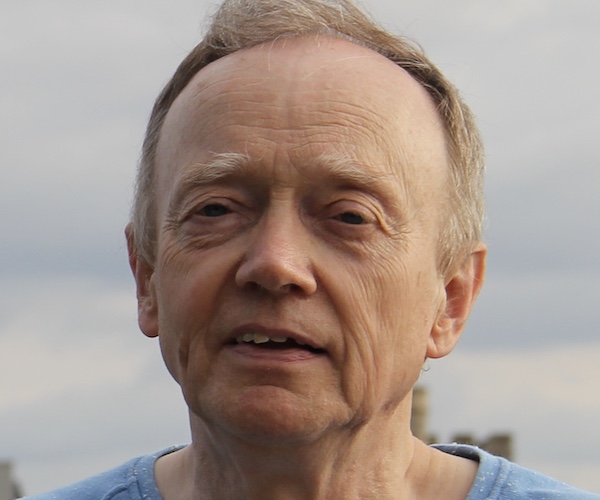
From nightclubs to nursing
I was working on the door at a nightclub when I applied to become a nurse, back in the early 1980s. There were very few male nurses in those days. Nursing appealed to me because I’d always wanted to help people. My mum, who passed away in her 40s, had started nurse training when she was younger but never finished it. She always regretted it, so I thought I’d take up where she left off.
I applied to South Manchester University Training Hospital and went before a panel of three very high up nurses. It was quite intense and I didn’t think I’d get in really.
After training, I did nursing in various hospitals in the Manchester area. I worked in a big cancer hospital called Christies and in a babies unit in the Duchess of York Hospital.
About three years later, I moved to London and got a job at the Royal Hospital. There were some problems transferring the paperwork so I worked as a carer for a couple of months until my licence came through. I was in Jones Ward – the Infirmary is a new building now, but that ward still exists.
First World War veterans shared their horror stories
When I was first at the Royal Hospital, a lot of the residents were First World War veterans, who fought in places like the Somme. Most of them had really been through it – they were very appreciative of what they got.
Some of them had their own horror stories. They’d open up and tell me things they couldn’t tell their own families about. It was unimaginable really. A lot of them were conscripted, they weren’t career soldiers. Others lied so they could join the Army. One of the Pensioners told me that when he went to the recruitment hall the recruiting sergeant asked his age and he told him, ‘Fifteen, sir’. The sergeant sent him to the back of the hall, telling him, ‘When you come back, you’re seventeen’. He did as he was told and this time the sergeant said, ‘Sign here’.
“Nursing has changed in so many ways”
Nursing was a lot stricter when I started. When the matrons came round, even the consultants were intimidated! Nothing was ever too clean and things were very strict. You were drilled that no time was to be wasted but somehow you seemed to have more time for the patients. Nowadays, you’re chasing your tail. I don’t know if it’s computerisation or what, but the time you have to actually listen to people has dwindled.
You wouldn’t really recognise the job I first came into, it’s changed in so many ways. Back in those days everything was hand-written by ward clerks. Today there are computers, but you have to do a lot of things now that you didn’t before. I appreciate that times have moved on, but the endless admin takes up time that you could be spending with your patients. In the evening, before you hand over, you have to remember all the things that have happened from 8am to 8pm – you need a good memory!
A new Infirmary and an upgrade in accommodation
The Royal Hospital has changed a lot over the years too. We have some women Pensioners now – when I first came it was all men. They didn’t have the kind of self-contained accommodation they have now. In the Infirmary, it was like Nightingale wards – just beds alongside beds with just a couple of feet between them. In the long wards where people live independently there were just tiny little berths that had been there since the 1600s. They had no ceilings, so the noise would filter through from the room next door and toilets and showers were communal.
Now the accommodation’s all been updated and we have the new Infirmary named after Margaret Thatcher, who loved the Royal Hospital. I can remember her bringing her children Carol and Mark to Ranelagh Gardens when they were little.
“A family atmosphere”
I always work on Campbell Ward now. It’s better since it became a dementia ward, because they get specialised activities and things. I enjoy nursing the Pensioners – there are quite a few characters!
My responsibilities include supervising care workers, dispensing medication, doing wound dressings and things like that. I might be helping out the carers too – especially if we’re short staffed – getting people washed and dressed, or serving breakfasts.
There’s a good team here. It’s a bit more like a family atmosphere because people stay for a long time. In a big hospital that doesn’t happen because the staff turnover is so quick and
there’s no time to get to know people. We’re short of 30,000 nurses in the UK and because of that a lot of the budget is spent on agency staff.
A fond farewell from a loyal nurse
I’ve spent 30 odd years in the profession and it’s had its ups and downs. The best thing about it is when someone has come in very poorly and emerges fully recovered. The worst, is when you lose a patient . When my nursing licence expires in November 2021 I won’t be renewing it, but I’ll really miss nursing and my Pensioner patients.
